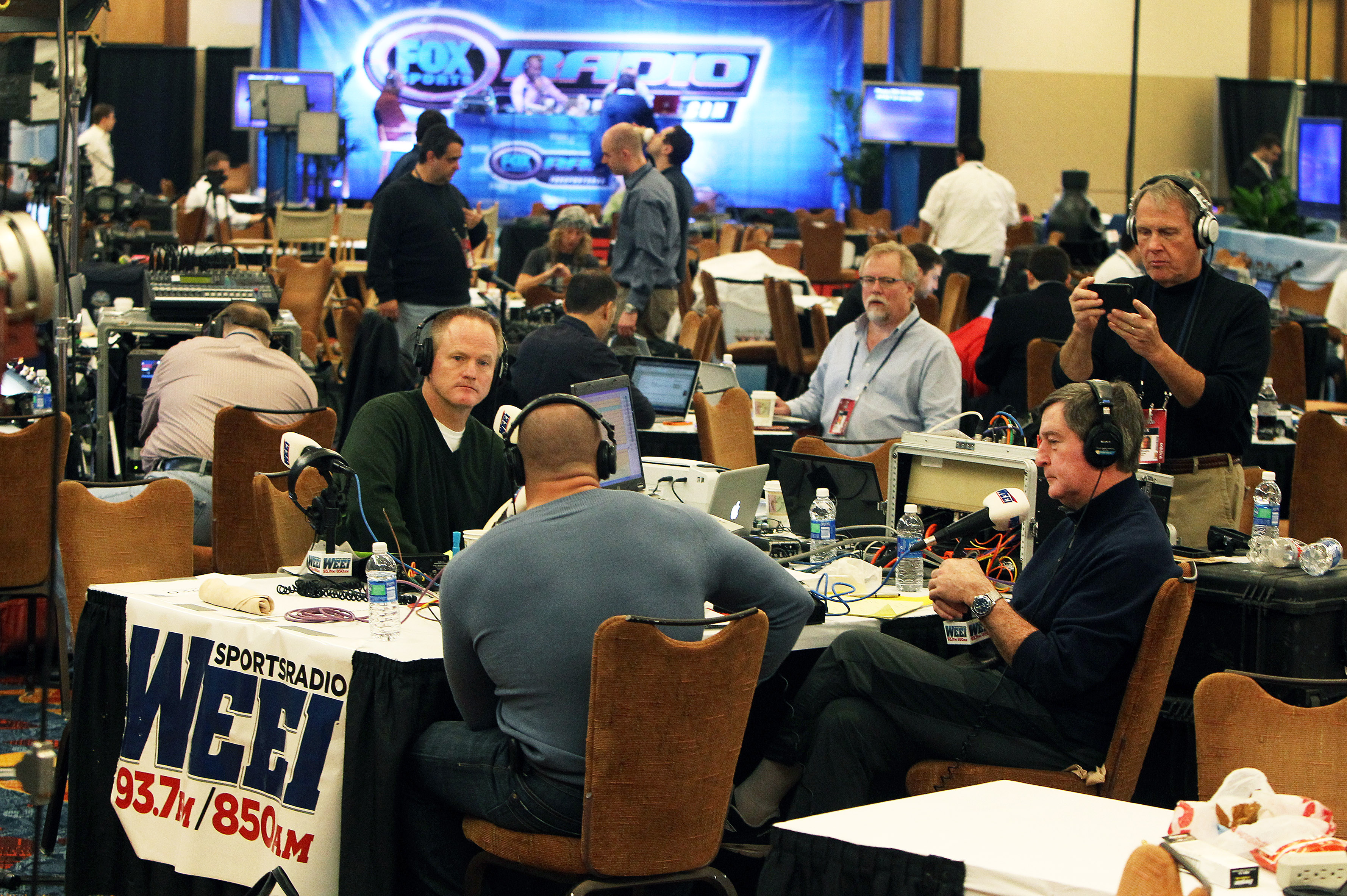
For years, sports radio shows have been hamstrung by a strange rule: they are not allowed to say “Super Bowl” unless at least one of the hosts is a former NFL player. This has led to some interesting workarounds over the years, with hosts getting creative in their efforts to avoid saying the forbidden word. But why does this rule exist in the first place? Let’s take a closer look.
- The Super Bowl is the biggest sporting event in some countries, drawing in tens of millions of viewers every year. It’s only natural, then, that sports radio shows would want to talk about it. And yet, for some why can’t you say super bowl on the radio reason, they’re not allowed to. Well, technically, they are allowed to, but only if at least one of the hosts is a former NFL player. If there are no former NFL players on the show, they have to get creative with their words.
- This strange rule dates back to 1993 when the NFL sued Howard Stern over his use of the phrase “Super Bowl” on his radio show. The NFL claimed that Stern was infringing on their trademark and demanded that he stop using the term. Stern refused, and the case went to court. In the end, the judge ruled in favor of the NFL, stating that Stern could not use the term “Super Bowl” without prior approval from the league.

- Since then, the NFL has been notoriously strict about how its trademarked term can be used. They’ve sent cease-and-desist letters to businesses large and small, including a church that was holding a Super Bowl party and a high school marching band that performed at half-time of a Super Bowl game. In each case, the NFL has made it clear that they will not hesitate to take legal action if their trademark is violated.
- So what does this have to do with sports radio shows? Well, in order to avoid getting sued by the NFL, these shows have adopted their own set of rules regarding the use of the term “Super Bowl.” Specifically, they will only use it if at least one of the hosts is a former NFL player. This allows them to skirt around the issue by saying things like “When we were playing in the Super Bowl…” or “When you remember when we won the Super Bowl. Etc.
Conclusion
The NFL’s stringent rules surrounding the use of the term “Super Bowl” have led to some interesting workarounds over the years by sports radio shows. By requiring at least one of the hosts to be a former NFL player, these shows are able to talk about the big game without fear of being sued by the league. So next time you hear a sports radio show host getting creative with their words, now you’ll know why! We hope this blog article was helpful to you.
